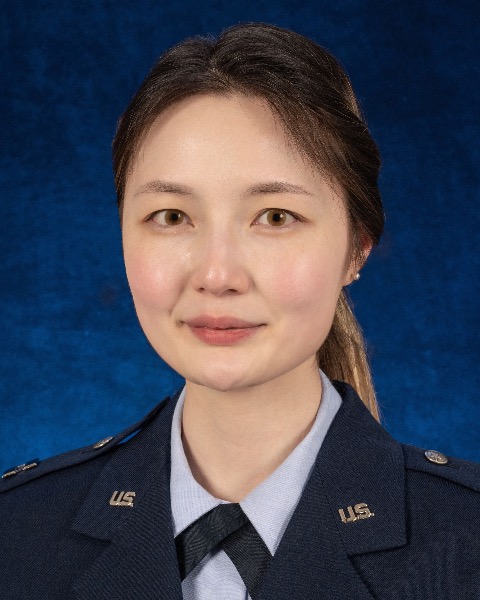Infectious Diseases Works in Progress
Session: Infectious Diseases Works in Progress
WIP 82 - Follow Up Testing after Positive STI Test in a Military Emergency Department
Saturday, April 26, 2025
2:30pm - 4:45pm HST
Publication Number: WIP 82.7387
Wendy Richardson, Naval Medical Center of Portsmouth, Virginia Beach, VA, United States; Sharon Enujioke, Uniformed Services University of the Health Sciences F. Edward Hebert School of Medicine, Norfolk, VA, United States; Hollie Soave, Naval Medical Center Portsmouth, Virginia Beach, VA, United States; Savannah Tarro, Naval Medical Center Portsmouth, Suffolk, VA, United States; Shauna Stahlman, Defense Health Agency, Silver Spring, MD, United States; Lianna Morales, Naval Medical Center Portsmouth, Norfolk, VA, United States

Wendy Richardson, DO (she/her/hers)
Pediatric Resident
Naval Medical Center of Portsmouth
Virginia Beach, Virginia, United States
WIP Poster Presenter(s)
Background: Sexually transmitted infections (STIs) are among the most common infections in the United States (US) and remains a public health priority for prevention and control. An estimated 20 million cases of new STIs occur annually in the US, and half of all new infections are acquired by men and women aged 15–24 years. In an effort to optimize health surveillance for STIs, current CDC guidelines recommend retesting for repeat infection 3 months or within 1 year after the diagnosis of chlamydia, gonorrhea, or trichomoniasis (CT/GC/Trich), and screening for human immunodeficiency virus (HIV) and syphilis. Studies have shown that US military members are a unique target population, given that majority of new recruits compose of young adults and adolescents. To date, there have been no studies that have examined rates of follow-up testing after positive STI diagnoses in the emergency department at a military treatment facility (MTF). Investigating the number of patients who have received CDC-recommended follow-up testing is essential in evaluating if appropriate preventative and treatment measures regarding STIs are taken within the adolescent/young adult population in the military community.
Objective: The purpose of this study is to determine whether appropriate repeat and additional STI testing was performed following receipt of a positive lab test result for CT/GC/Trich in the Naval Medical Center Portsmouth (NMCP) Emergency Department (ED).
Design/Methods: This study design is a retrospective cross-sectional study evaluating patients who received repeat CT/GC/Trich, HIV, and syphilis testing 3-12 months after a positive CT/GC/Trich test result at the NMCP ED during the 2013-2023 surveillance period for MHS beneficiaries aged 15-35. The Armed Forces Health Surveillance Division (AFHSD) and the Epi Data Center will collect and provide lab test results for the STIs of interest. Differences of CT/GC/Trich-positive patients associated with receiving recommended testing were assessed using Fisher's or chi-square exact tests.

